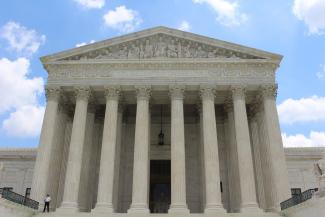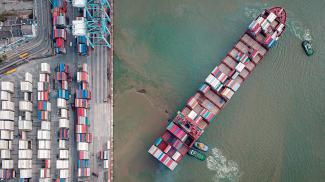Trichloroethylene, Vapor Intrusion, and Indoor Air

I’ve conducted research on global climate change and on nuclear waste disposal, but vapor intrusion (VI) is the most challenging topic I’ve worked on during my 40-year career. VI’s technical challenges relate to its multimedia nature and the need to understand pollutant fate and transport both above and below ground.








